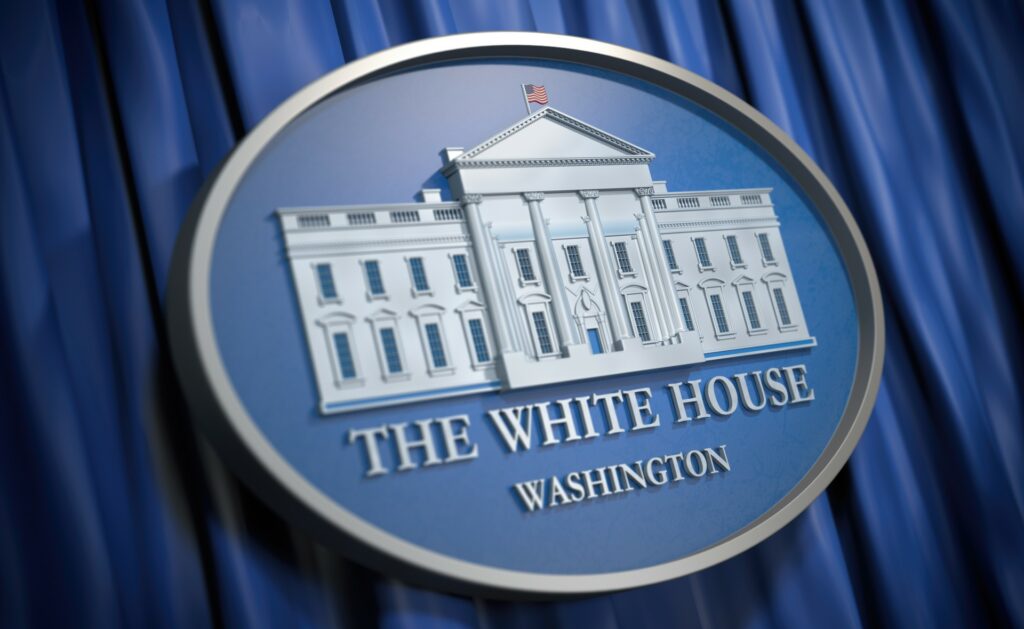Written by Brian Daza, Esq., Associate Attorney.
President Donald Trump issued multiple executive orders Monday related to immigration on the first day of his second term in the White House, including one proclamation that could potentially change the interpretation of birthright citizenship in the United States.
That order could take effect Feb. 20, 2025, (30 days from the date the proclamation was signed) and would remove birthright citizenship from those born in the United States:
- When their “mother was unlawfully present in the United States and the father was not a United States citizen or lawful permanent resident at the time of said person’s birth.”
- When their “mother’s presence in the United States at the time of said person’s birth was lawful but temporary (such as, but not limited to, visiting the United States under the auspices of the Visa Waiver Program or visiting on a student, work, or tourist visa) and the father was not a United States citizen or lawful permanent resident at the time of said person’s birth.”
In practice, this means that individuals who are born inside of the United States without a parent who is a U.S. citizen or legal permanent resident at their time of birth will no longer be entitled to automatic citizenship. This includes children of foreign nationals who are present in the U.S. without status, as well as those who are in the country legally with a work visa or other temporary visa, such as a tourist or student visa.
The order instructs the departments and agencies of the executive branch to not issue or accept documents recognizing U.S. citizenship to or from the applicable individuals impacted by the change.
It is important to note that this order from Trump has already faced legal challenges before its effective date of Feb. 20 and could be blocked by injunctions and other court rulings, at least on a temporary basis, before that date.
It is unclear if the President has the authority to alter birthright citizenship via executive action because of previous Supreme Court interpretations of the 14th Amendment to the U.S. Constitution, as discussed below and in Garfinkel Immigration Law Firm’s latest white paper.
What is birthright citizenship?
Individuals may become citizens of the United States in one of three ways: they may acquire citizenship through one or more parent(s) (ancestral citizenship), by being born in the United States (location-based or birthright citizenship), or through the naturalization process.
Ancestral citizenship is recognized by almost every nation on earth and is available when an individual’s parent(s) are a citizen of the country. For example, a newborn whose parents are U.S. citizens may have the opportunity to acquire United States citizenship, even if they are born abroad. Ancestral citizenship is not location-specific and is unlikely to be impacted by the second Trump administration.
Meanwhile, the concept of birthright citizenship in the United States was established via the Fourteenth Amendment, which was ratified in 1868 in response to the Civil War in order to ensure that former slaves would not be denied citizenship. The Fourteenth Amendment reads in part: “All persons born or naturalized in the United States, and subject to the jurisdiction thereof, are citizens of the United States and of the State wherein they reside.”
Almost exactly 30 years after its ratification, the Supreme Court held in a 6-2 decision in United States v. Wong Kim Ark that the Fourteenth Amendment also applied to all immigrants born on United States soil, no matter the status of their parents, further enshrining birthright citizenship. The only exception established in that case were if the birth parents were “employed in any diplomatic or official capacity” of their home country’s government.
More than 30 countries, mainly in the Western Hemisphere, have “unrestricted” birthright citizenship including Argentina, Brazil, Canada and Mexico. Similarly, more than 30 other countries offer some form of “restricted” birthright citizenship.
FURTHER READING: Can U.S. birthright citizenship be changed? A comprehensive overview
Other immigration actions from Trump on Day 1
Trump issued multiple other executive orders related to immigration on his first day back in the White House, including:
- Cancelling asylum appointments on the CBP One app.
- A proclamation “Realigning the United States Refugee Admissions Program.”
- Revoking at least four immigration proclamations issued by President Biden during his term in the White House.
- Reinforcing the use of the “Remain in Mexico” policy for asylum seekers from his first term.
- Declaring a “National Emergency” at the U.S.-Mexico border.
Lawsuits have already been filed in federal court to challenge several of these orders.

